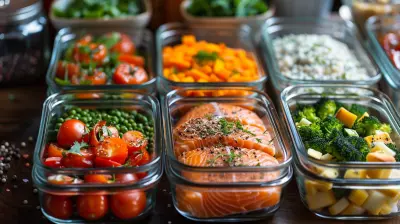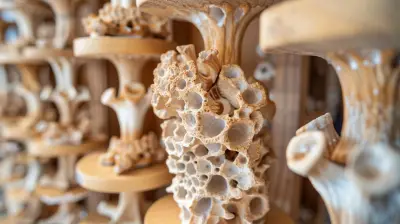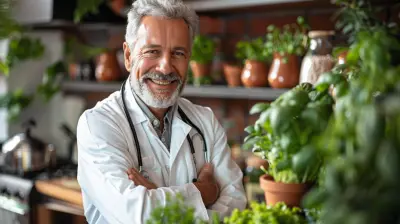Detoxing After Antibiotics: Restoring Gut Health
8 October 2025
Let’s talk about something almost all of us have been through — finishing a round of antibiotics and then feeling like our body is a little “off.” It’s not just your imagination. Antibiotics, while lifesaving in many cases, can seriously mess with your gut. So how can you bounce back? Let’s dive deep into what really happens to your gut when you take antibiotics, and more importantly, how to detox and rebuild your gut health like a champ.
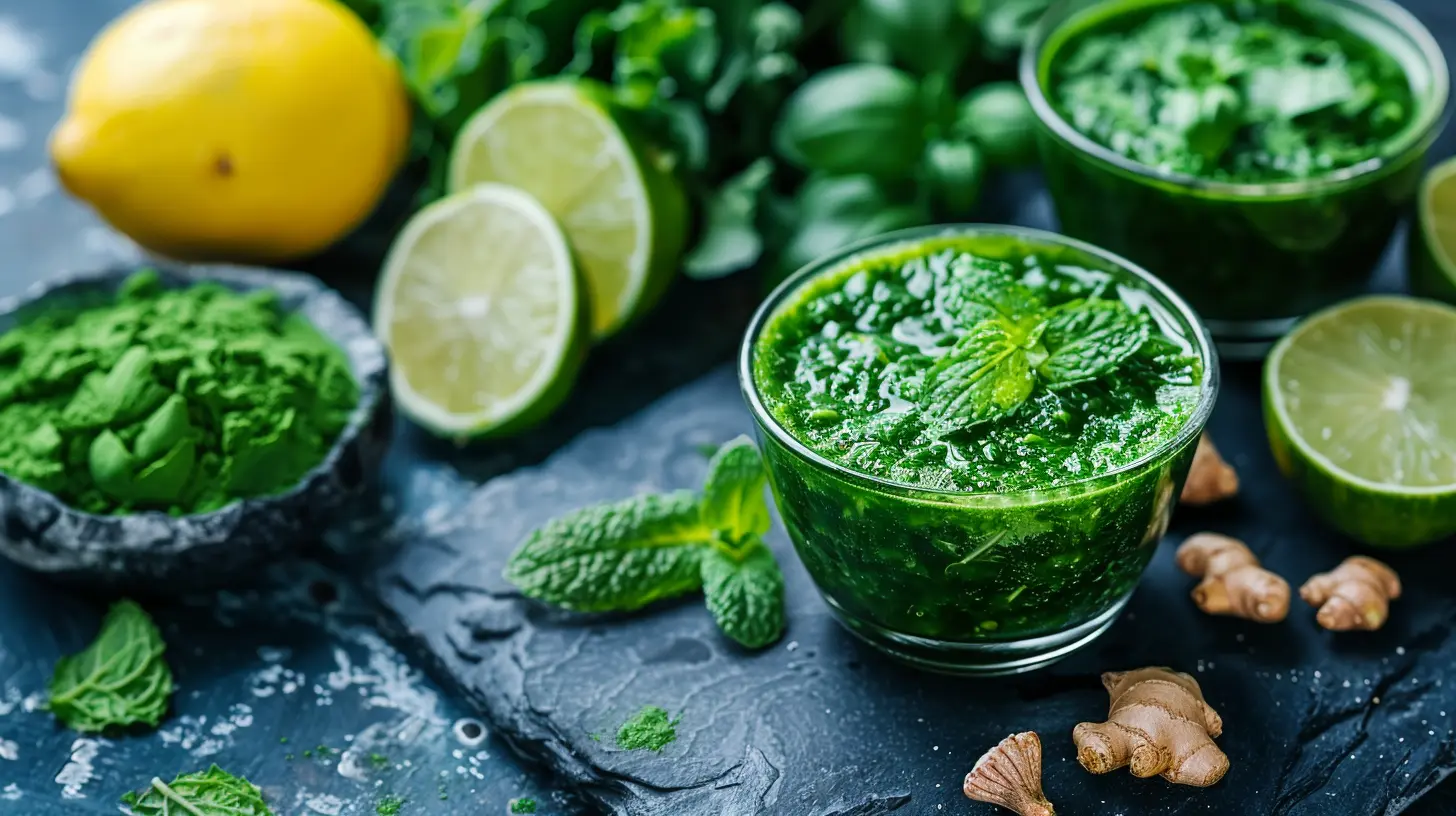
Why Antibiotics Wreak Havoc on Your Gut
Antibiotics are like the nuclear bomb of medicine. They don’t discriminate. When they're fighting off harmful bacteria that make you sick, they also wipe out many of the good bacteria living in your gut. These good bacteria (part of your gut microbiome) are crucial for more than just digestion — they support your immune system, affect your mood, and even help you sleep.So when these friendly bacteria take a hit, you might notice some not-so-fun side effects: bloating, diarrhea, fatigue, brain fog, maybe even a weird taste in your mouth. It’s your gut crying out for help.
Think of your microbiome like a lush, vibrant garden. Antibiotics come in like a fire, wiping out weeds but scorching the flowers too. Now your job is to replant, rebalance, and nourish that garden back to health.
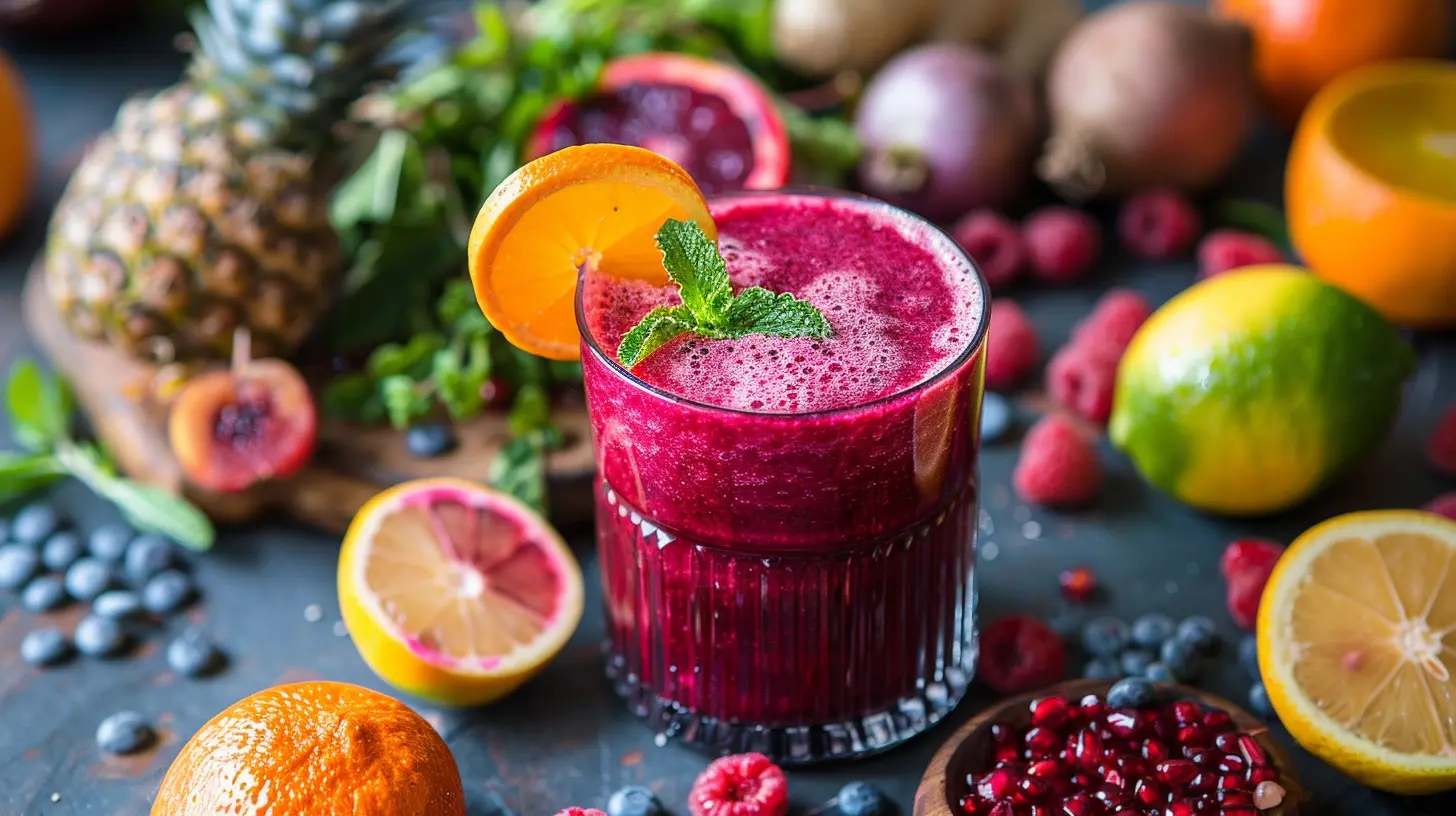
The Importance of Gut Health
Your gut is more than just a food-processing machine. It’s often called your “second brain” because it houses over 100 million nerve endings, and it’s where 70% of your immune system lives. That’s massive.When your gut is healthy:
- You digest food properly
- Your immune system works efficiently
- Your mood is more stable (hello, serotonin!)
- You absorb nutrients better
- Your energy levels stay up
After antibiotics, the balance of your gut bacteria gets thrown off — and that’s when the trouble starts.
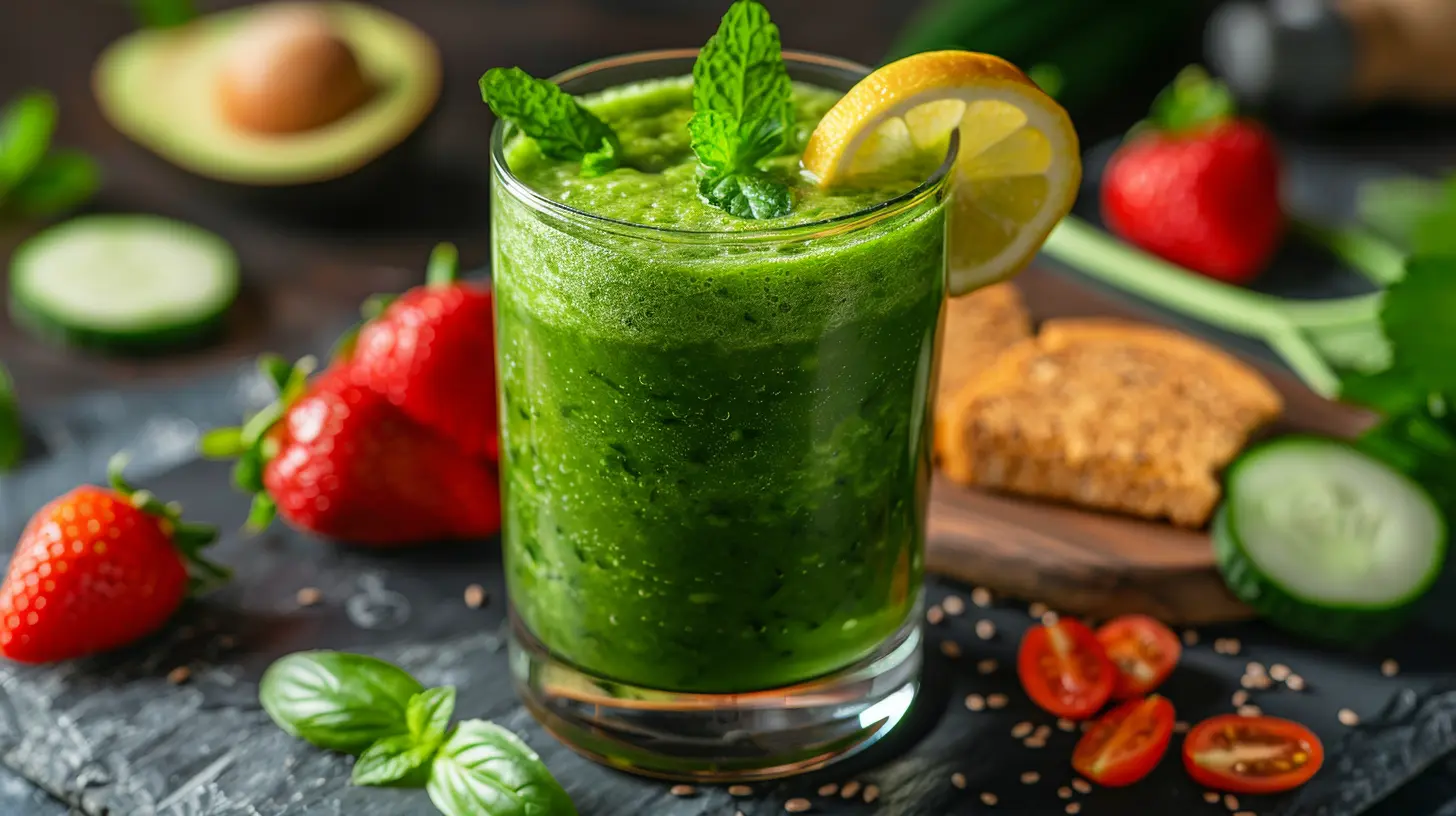
Signs Your Gut Needs a Detox After Antibiotics
Not sure if your body’s still dealing with post-antibiotic chaos? Look out for these signs:- Digestive issues (bloating, constipation, diarrhea)
- Food intolerances you never had before
- Constant fatigue or low energy
- Skin breakouts or rashes
- Mood swings, depression, or anxiety
- Brain fog
- sugar cravings
Sound familiar? That’s your gut telling you it needs a hard reset.
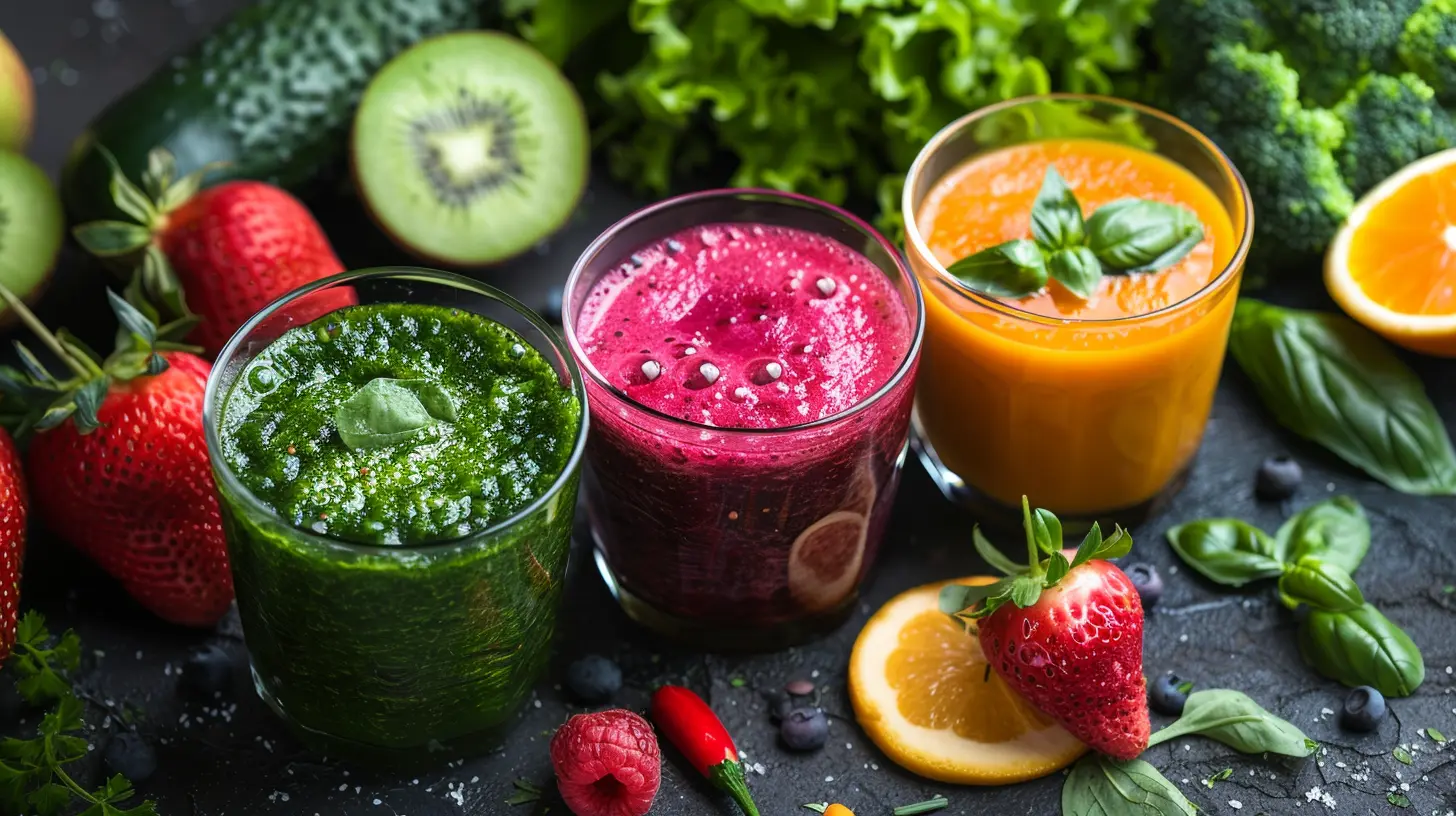
Step-by-Step Guide to Detoxing and Restoring Gut Health
Let’s get down to the nitty-gritty. Here’s your post-antibiotic gut recovery plan — actionable steps you can actually follow without going insane.1. Start With a Clean Slate: Hydrate Like Crazy
Water is the cheapest detox tool on the planet. Antibiotics can leave your gut lining inflamed and your body somewhat dehydrated. Drinking plenty of water helps flush out residual toxins and supports the healing of your gut lining.Tip: Infuse your water with lemon, mint, or cucumber for extra detox benefits.
2. Cut Out the Junk (Temporarily At Least)
This isn’t about dieting. It’s about giving your gut a break. Processed foods, added sugars, and artificial sweeteners feed the bad bacteria you’re trying to get rid of. Alcohol? It’s like throwing gasoline on that fire.Foods to avoid on your gut detox:
- Processed sugars (sodas, pastries, candy)
- Fried foods
- Alcohol
- Artificial sweeteners
- Gluten and dairy (if you're sensitive)
Think of this phase like spring cleaning for your gut. You can't rebuild on top of junk.
3. Load Up on Gut-Loving Whole Foods
Now it’s time to feed the good guys.Top gut-rebuilding foods:
- Fermented foods: Yogurt (with live cultures), kefir, sauerkraut, kimchi, miso
- Prebiotic foods: Garlic, onions, bananas, leeks, asparagus, apples
- Fiber-rich foods: Oats, berries, legumes, whole grains, leafy greens
- Bone broth: Packed with collagen to heal the gut lining
- Omega-3 fatty acids: From salmon, flaxseeds, walnuts
Eating these foods consistently helps repopulate your gut with the good bacteria it desperately needs.
4. Probiotics: The VIPs of Gut Recovery
Taking a good quality probiotic is essential after antibiotics. These supplements help reseed your gut with beneficial bacteria. But not all probiotics are created equal — look for ones that contain multiple strains and have high CFUs (colony-forming units).Best time to take probiotics? About 2 hours after antibiotics, and keep taking them well after your antibiotic course ends.
And if you’re wondering, “Can I just eat yogurt instead?” — kind of, but supplements are more concentrated and effective for recovery.
5. Add Fermented Foods Slowly (But Surely)
Fermented foods are natural probiotics, but don’t go overboard on day one. Start with small amounts like a tablespoon of kimchi or sauerkraut and see how your gut reacts. Listen to your body — it talks!If you’re sensitive, stick with probiotic supplements first, then gradually introduce fermented foods as your gut stabilizes.
6. Support Your Liver — Your Detox Powerhouse
Your liver plays a big role in detoxing your body post-antibiotics. Help it out with liver-loving foods like:- Beets
- Dandelion tea
- Milk thistle
- Turmeric
- Leafy greens
Also, avoid overloading it with toxins — skip the booze and opt for herbal teas or green smoothies instead.
7. Move Your Body (Even a Little Bit)
Exercise gets everything flowing — your blood, your lymphatic system, your digestion. You don’t need to train for a marathon. A gentle walk, some yoga, or dancing in your kitchen works wonders.Movement stimulates your gut muscles and helps reduce inflammation.
8. Get Plenty of Sleep
You’re not being lazy — you’re healing. The gut does a lot of its repair work while you sleep. Aim for at least 7–8 solid hours a night, and make it quality sleep.Limit blue light at night, stay off Instagram before bed, and create a calming routine. Your gut (and your whole body) will thank you.
9. Manage Stress (It’s a Gut Killer)
Stress isn't just in your head — it directly affects your gut. Chronic stress can disrupt your microbiome balance and slow down healing.Here’s what helps:
- Meditation or breathwork (even 5 minutes a day)
- Journaling
- Talking it out
- Nature walks
- Yoga
Find something that calms your mind, and make it part of your daily routine — even if it’s just a few minutes.
10. Consider a Gut-Healing Supplement Stack
If you're serious about gut recovery, these can give you a boost:- Probiotics (multi-strain, high CFU)
- L-Glutamine (for healing the gut lining)
- Digestive enzymes (to support digestion)
- Zinc carnosine (helps repair intestinal walls)
- Slippery elm, licorice root, or marshmallow root (soothing herbs for the gut)
Always check with your doctor before starting new supplements, especially if you’re on meds or have medical conditions.
How Long Does It Take to Restore Gut Health After Antibiotics?
Great question — and it depends.Some people bounce back in a week or two. Others take months, especially if they've been on long-term antibiotics or have underlying gut issues. The key is consistency. Stick with these habits and give your body the time it needs to heal.
Final Thoughts: Be Patient With Yourself
Look, antibiotics are a necessary evil sometimes. Don’t beat yourself up for taking them — sometimes it’s the right call. But just know that taking care of your gut afterward is just as important as taking the pills.Detoxing after antibiotics is all about balance. Nourish your body with the right foods, feed the good bacteria, support your immune system, and be gentle with yourself. Your gut is resilient. It wants to bounce back. You’ve just got to give it a little help.
And remember — gut health isn’t a one-time fix. It’s a lifestyle. So treat your microbiome like an ecosystem that thrives on daily TLC.
all images in this post were generated using AI tools
Category:
DetoxAuthor:

Holly Ellison
Discussion
rate this article
1 comments
Alice McCollum
Great article! Restoring gut health after antibiotics is so important. Thank you for sharing these valuable tips for a smoother detox journey! Keep it up!
October 27, 2025 at 5:44 AM

Holly Ellison
Thank you for your kind words! I'm glad you found the tips helpful for restoring gut health.
